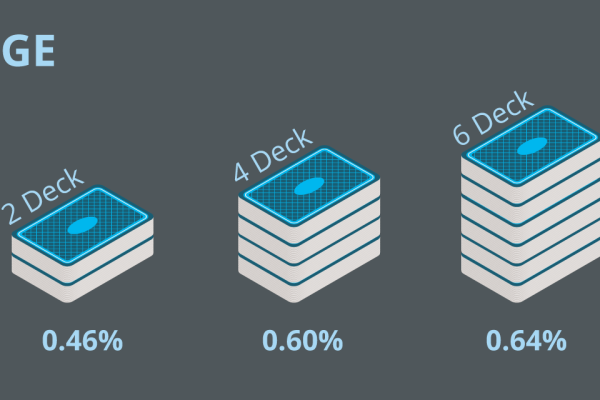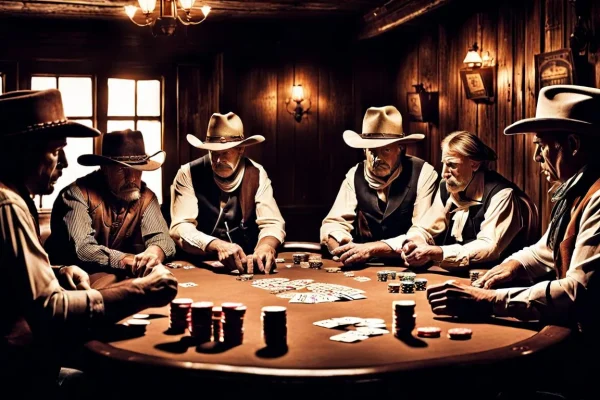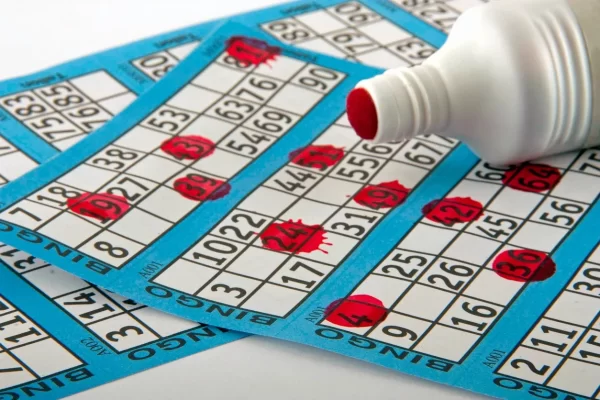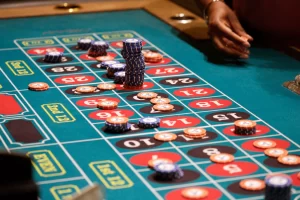Have you ever wondered how slot machines make their jackpots? The answer to that question lies in the mathematical design of these machines. They are designed to be triggered by a number that’s randomly generated, a total stake placed on all slots, or a combination of these factors. Slot providers usually choose the number generator and design of the jackpot, and then they use that value to calculate the winning amount. Once a person hits this number, they’re awarded the jackpot. The amount of the jackpot that’s paid out is different for different games.
A jackpot is similar to a windfall, and usually consists of a large amount of money. Investing in an IPO that does exceptionally well can lead to a jackpot, or holding onto a stock that everybody else has written off. Regardless of the method, the winner must report the jackpot to the IRS, and any cash prize is taxable income. In many cases, a jackpot winner is left holding a stock that the rest of the world had long ago declared dead, which is when the real fun begins!
The jackpot size will be affected by the volume of spins and time the game has been played. Popular games will have a higher jackpot because more people are playing them, and big shots start playing them. But this isn’t true for all jackpots. If a player doesn’t have the right bankroll to play a popular game, they may be better off playing a lower-valued game. The jackpots are larger when playing fixed-odds slots, but they may not be life-changing if they hit them.
A jackpot’s definition is somewhat mysterious. The word itself derives from a Spanish word meaning “ajakarta,” which means windfall. The Incans, for instance, wouldn’t drink the blood of their conquered enemies, but would eat their soldiers alive. They would also eat their enemies and put them to sleep, slashing their sheets and finding out their sleeping habits. So the question of how does a jackpot work?
Progressive jackpots depend on the number of players who place wagers in a certain “range.” If a jackpot is ten times bigger than the average bet, the house edge would increase, and the game’s maximum jackpot would be several times higher. That’s why progressive jackpots are sometimes called “must-hit by” jackpots. A progressive jackpot’s minimum amount is generally several times larger than its “must-hit-by” amount, which means that it’s likely that a jackpot winner will hit it.
In the long run, players can use the cumulative value of the jackpot to calculate the optimal playing strategy. If the jackpot grows above its break-even point, a player will profit from the progressive jackpot. In this way, the player will win more than half of the money they’ve put in. The next time they play, the jackpot will be larger. This means that they’ll win more than half of the prize money, generating a positive expectation bet over the long run.













